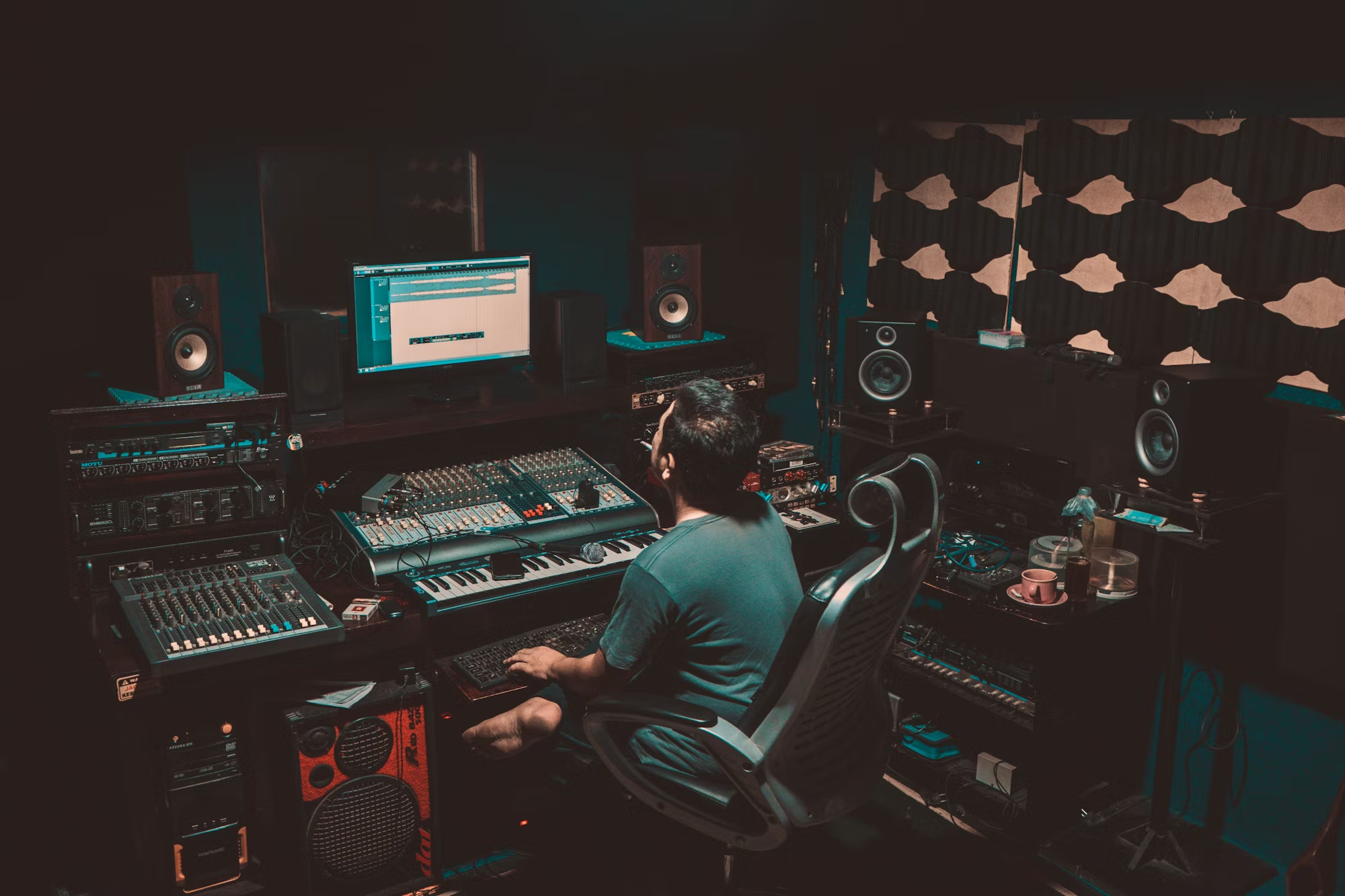Music festivals have become a global phenomenon, drawing millions of attendees each year to celebrate the joy of music, creativity, and community. From intimate gatherings to massive events, these festivals provide a unique platform for artists to showcase their talents while creating a vibrant cultural tapestry that reflects the diversity of our world. This article delves into the cultural impact of music festivals, exploring their origins, evolution, and significance in contemporary society.
The concept of music festivals can be traced back to ancient times, where gatherings often revolved around communal celebrations and rituals. In many cultures, music has served as a vital form of expression, bringing people together to honor traditions, tell stories, and mark important events. For example, in ancient Greece, festivals like the Pythian Games combined athletic competitions with musical performances, celebrating both physical prowess and artistic achievement. Such events laid the groundwork for modern festivals, emphasizing the importance of community and cultural heritage.
As we moved into the 20th century, the modern music festival began to take shape, driven by the rise of popular music and counterculture movements. The 1960s marked a pivotal moment in music history with festivals like Woodstock, which epitomized the spirit of the era. Woodstock became a symbol of peace, love, and artistic freedom, drawing hundreds of thousands of attendees to celebrate music and community. The festival showcased legendary performances by artists such as Jimi Hendrix, Janis Joplin, and The Who, leaving an indelible mark on the music landscape and demonstrating the power of music to unite people.
Since then, music festivals have proliferated globally, evolving into diverse events that cater to a wide range of musical tastes and cultural backgrounds. Events like Coachella in the United States, Glastonbury in the UK, and Tomorrowland in Belgium have become iconic, attracting audiences from all corners of the globe. These festivals not only feature renowned headliners but also provide a platform for emerging artists, fostering a sense of discovery and innovation within the music industry.
One of the key cultural impacts of music festivals is their ability to promote diversity and inclusion. Festivals often curate lineups that showcase a wide array of musical genres, allowing attendees to experience different cultural expressions. For instance, festivals like Afropunk celebrate African and African diasporic culture, highlighting artists who challenge societal norms and represent diverse voices. By providing a space for underrepresented artists, these festivals contribute to a more equitable music landscape, encouraging dialogue and understanding among attendees from different backgrounds.
Furthermore, music festivals have become important sites for social activism and community engagement. Many festivals incorporate themes of sustainability, equality, and social justice into their programming, raising awareness about pressing issues while encouraging attendees to take action. Events like Glastonbury and Lollapalooza have made significant strides in promoting environmental consciousness, implementing initiatives to reduce waste and support local communities. This commitment to social responsibility transforms festivals into more than just entertainment; they become platforms for positive change.
The sense of community fostered at music festivals is another vital aspect of their cultural impact. For many attendees, festivals serve as a home away from home, offering a space to connect with like-minded individuals and forge lasting friendships. The communal experience of enjoying live music, dancing, and participating in activities creates a sense of belonging that transcends geographical and cultural boundaries. This shared experience can be especially powerful for marginalized groups who may find solace and acceptance within the festival environment.
Moreover, music festivals often celebrate artistic expression beyond just music. Many events feature visual art installations, workshops, and interactive experiences that invite attendees to engage creatively. For example, festivals like Burning Man emphasize collaboration and creativity, encouraging participants to contribute their own artistic endeavors. This multi-disciplinary approach enriches the festival experience, allowing attendees to explore various forms of expression while immersing themselves in a vibrant artistic community.
The economic impact of music festivals also plays a significant role in their cultural significance. Festivals generate substantial revenue for local economies, providing jobs and supporting local businesses. Cities that host major festivals often see a boost in tourism, as attendees travel from afar to partake in the festivities. This economic infusion can help revitalize communities, highlighting the symbiotic relationship between music and local culture.
As we look toward the future, the evolution of music festivals continues to adapt to changing societal trends. The rise of digital technology and social media has transformed how festivals are experienced and shared. Live streaming, virtual events, and social media engagement have allowed festivals to reach broader audiences, breaking down barriers to access. This shift also enables artists to connect with fans in innovative ways, enhancing the sense of community and inclusivity.
In conclusion, music festivals hold a unique place in contemporary culture, celebrating diversity, community, and artistic expression. From their ancient origins to modern iterations, these events have evolved into powerful platforms for promoting social change and fostering connections among individuals from diverse backgrounds. As we celebrate the cultural impact of music festivals, we recognize their ability to unite us through the universal language of music, creating spaces where creativity thrives and communities flourish. The journey of music festivals is ongoing, and their significance in shaping our cultural landscape will undoubtedly continue for generations to come.



